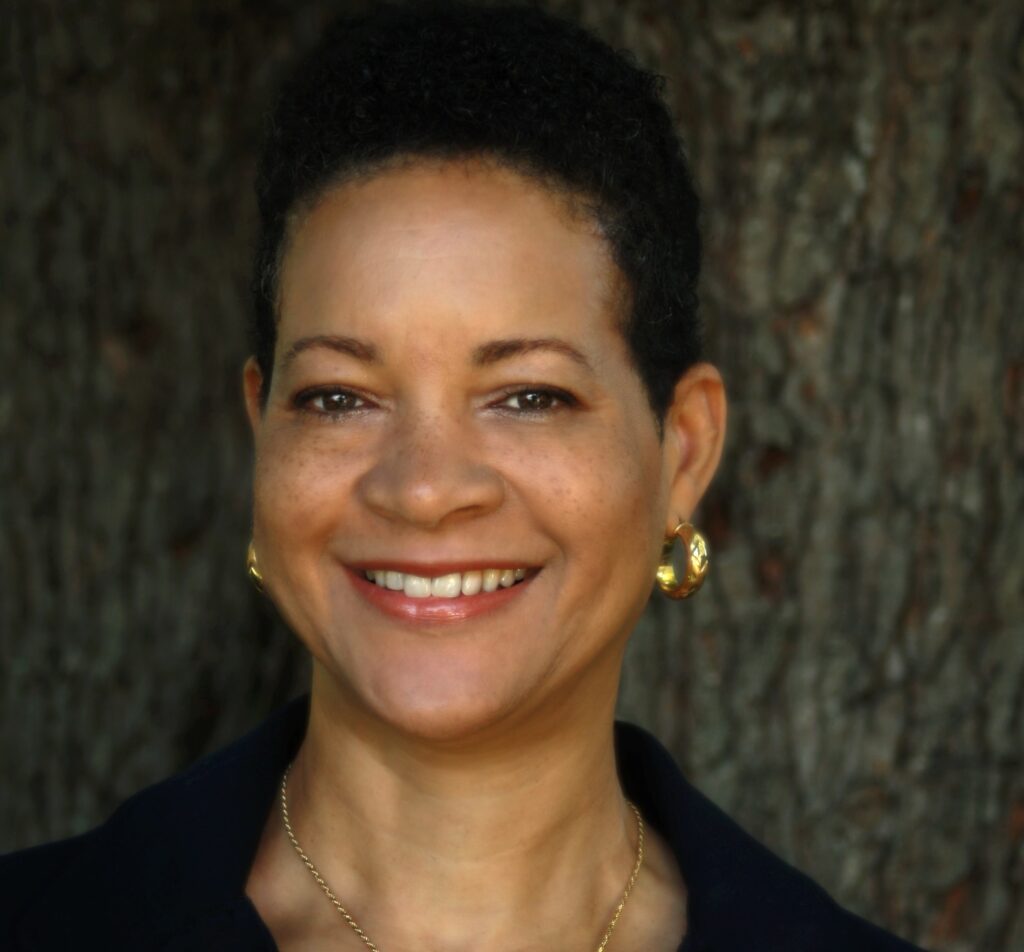Chief Diversity & Inclusion Officer at NTT DATA North America, Terri Hatcher, unpacks how diverse hiring practices in marketing teams can improve brand loyalty, employee retention and overall company performance.
Marketing has long been seen as the creative fuel behind the demonstration of a product or services’ value to its ecosystem, i.e. prospects, customers or potential hires. An effective marketing team can successfully differentiate a business from its competitors while helping sales teams drive growth through enhanced reputation, customer and even employee engagement. As marketing budgets in 2023 typically represented up to 14% of a business’s total revenue, optimizing the marketing function of an organization is crucial to maximizing company growth, and has been shown to increase revenue by over 200%.1
To keep up with increasingly demanding Key Performance Indicators (KPIs), businesses are hiring from global talent pools, but as the demography of talent shifts, diversity gets impacted. Although diverse representation hit recent industry highs in advertising and marketing, the sector still falls short of U.S. national averages. Over the past two years, the overall ethnic representation in marketing declined from 32.3 percent in 2022 to 30.8 percent in 2023. 2 This is far below the 42.2 percent of the U.S. population who identify as ethnically diverse. And yet, the benefits that diversity can have on the financial interests of a business are promising, with diverse companies seeing 2.3 times higher profits per employee on average.3
Truly successful businesses, however, go further than revenue and see meaningful Diversity, Equity and Inclusion (DEI) practices as a business imperative for attracting and retaining talent. Employees who see diversity represented in their workforce, as well as those given responsibilities in decision-making and company strategy, will develop the commitment and loyalty critical to building productive marketing teams. If the voice of the company itself represents or walks the talk in terms of DEI best practices, the creative output of this team will also represent a true and strong voice of inclusion, engagement, and business impact.
With an increasingly young workforce, brand loyalty has often been seen as seemingly unachievable. But forward-looking businesses that value multi-generational workforces should recognize that achieving this will require acknowledgment that the priorities of Gen Z and Gen X workers may be very different from other generations in their workforce.
Young, diverse workers are often entering the workforce expecting valued individualism and a more nuanced take on the traditional hierarchical pyramid. Implementing a company-wide mindset that focuses on the individual strengths of employees, assigning them tasks that suit their skills, and providing them with purposeful work can empower employees and leverage their many differences including gender, background, neurodiversity to name a few. By veering away from viewing employees as supervisors and subordinates, companies can create an inclusive environment that values and respects every individual. The introduction of employee resource groups can also be a helpful action companies can take to foster a culture of inclusion and engagement. This is a step that some of the country’s most authoritative entities have taken, such as the United States Congress, which includes bodies such as the Congressional LGBTQ+ Equality Caucus, and the Congressional Black Caucus (CBC).According to Maslow’s hierarchy of needs, one of the five most important requirements a human has is a sense of belonging.4 In 2024, marketing teams can achieve belonging and increased engagement of their employees by prioritizing inclusion and moving away from a statistical attitude towards diversity. Through the creation of employee resource groups, and by democratizing decision-making processes by giving employees a voice in surveys, polls or focused feedback, companies can create an inspired workforce and a bottom-up approach to representative engagement, collaboration, and success.
